Is Starbucks Making You Stupid?
I‘ve warned before of the dangers of Starbucks. A fat-free mocha latte with three shots of vanilla syrup—the adult version of a milkshake—creates a scenario that can jeopardize your health and new research shows it might even jeopardize your job.
The Trouble With Starbucks
Coffee is big business. As far as single commodities go, coffee is the second largest in the world. Crude oil is the only thing bigger.
Starbucks sits at the top of this 30-billion dollar per year industry in the US. And now they’re going after the 37-billion dollar quick-breakfast market.
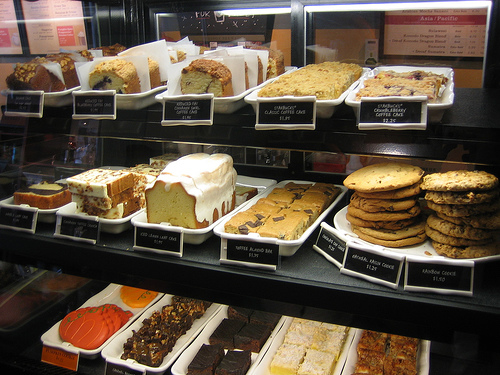
Diabetes In A To-Go Cup?
For those of you familiar with the effects of caffeine with carbs, you know it’s a bad combination. Caffeine interferes with the body’s ability to absorb blood glucose—the end result of consuming all that sugar—by blunting the action of insulin. Scientists have established this as fact: high levels of caffeine increase the blood glucose levels after a carb-based meal [1, 2]. This is a perfect precursor for diabetes.
If you’ve followed my work over the last few years, you already know this. Fat-free lattes with a few pumps of flavored liquid sugar could be fueling the diabetes and obesity epidemic in the modern world.
Now, however, there’s even more reason to worry about those chemically enhanced blood sugar spikes.
How Do You Take Your Coffee: Add The Sugar, Hold The IQ?
It turns out that latte on the go may affect performance at work. A group led by Kerti et al [3] used a cross-sectional study approach (looking at one point in time) to investigate whether higher glucose levels cause a negative impact on memory performance and hippocampal volume and structure. They specifically looked at the amount of glucose bound to hemoglobin, called glycosylated hemoglobin (HbA1c).
Higher blood glucose levels still exert a negative influence on cognition and memory.
The population: 141 men and women who were healthy, older, nondiabetic and without dementia. What they measured: fasting HbA1c, blood glucose, and insulin and MRI scans to assess hippocampal volume and microstructure (the hippocampus is the part of the brain responsible for incorporating short-term memory into long-term memory).
Kerti’s group found that lower HbA1c and glucose levels were significantly associated with better scores in delayed recall, learning ability, and memory consolidation. Lower levels of HbA1c (a long term marker of blood glucose) remained strongly associated with memory performance. After further analyses the beneficial effects of lower HbA1c on memory seemed mediated by hippocampal volume and microstructure.
We should notice that the researchers did their tests on healthy participants: no diabetes, no impared glucose tolerance and no cognitive aberrations like dementia. Higher blood glucose levels still exert a negative influence on cognition and memory. The authors hypothesized this was possibly mediated by structural changes in learning-relevant brain areas like the hippocampus.
Lowering glucose levels to the normal range may beneficially influence cognition in the older population. Obviously this needs to be further investigated and future interventional trials conducted, but the possible implications are profound. Lower carbohydrate diets—or diets that time carbohydrates appropriately—may be a good idea if you value intelligence and brain size. I am specifically incorporating these new findings into Carb Backloading 2, so we can get superhuman performance in the gym as well as work and school.
Now Imagine the effect on those already suffering metabolic issues…
Let us know your thoughts below.
References (click the reference to access the resource):
1. Gavrieli A, Fragopoulou E, Mantzoros CS, Yannakoulia M. Gender and body mass index modify the effect of increasing amounts of caffeinated coffee on postprandial glucose and insulin concentrations; a randomized, controlled, clinical trial. Metabolism. 2013 Aug;62(8):1099-106.
2. Young HA, Benton D. Caffeine can decrease subjective energy depending on the vehicle with which it is consumed and when it is measured. Psychopharmacology (Berl). 2013 Jul;228(2):243-54.
3. Kerti L, Witte AV, Winkler A, Grittner U, Rujescu D, Flöel A. (2013). Higher glucose levels associated with lower memory and reduced hippocampal microstructure. Neurology. 2013; 81(20), 1746-1752.




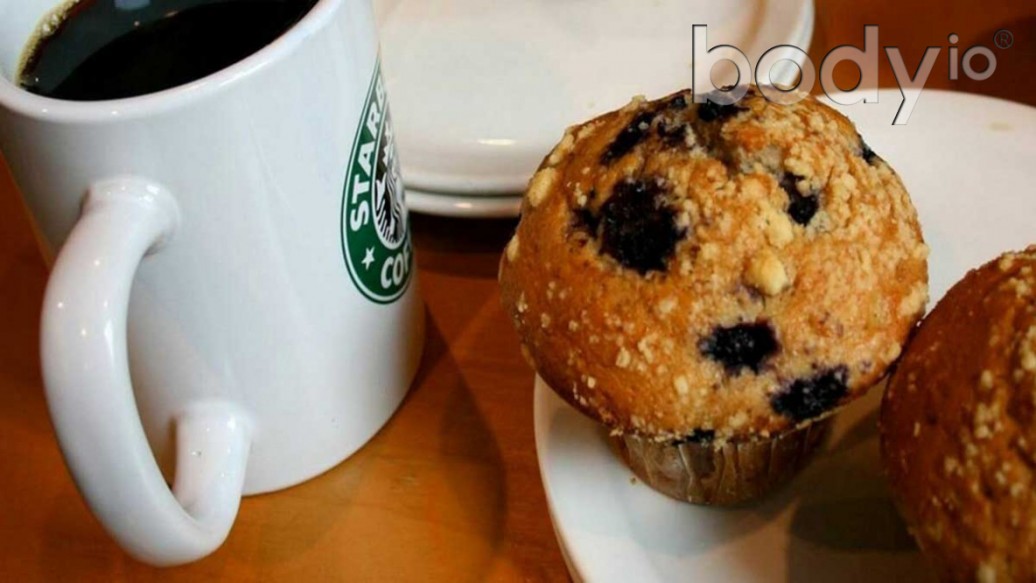



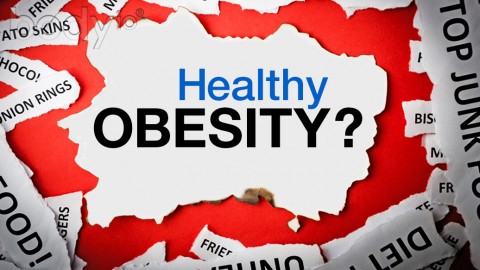
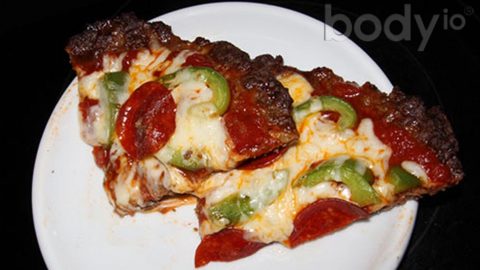

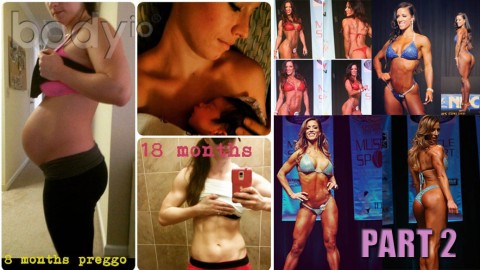
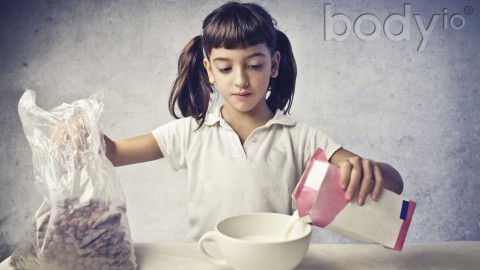
I think articles like this are extremely important, not only in our population as a whole, but even to the extreme health conscious. There are many articles out there that distribute the exercise hack of increasing glucose uptake by the muscles post workout with the ingestion of caffeine. While this is true, it is because it blunts insulin’s effect thus allowing non insulin mediated T GLUT trans-location to take place even faster, without insulin aiding body fat’s ability to absorb the glucose also. Some take this as caffeine aids in glucose sensitivity, which couldn’t be more wrong when trying to lose weight outside of the post workout window.
Please keep these articles coming!!
when does carbbackloading 2 is about to go out????
Great knowledge. Thank you for reinforcing and bringing more validity to CBL!
Geez Kiefer, way to go with the cliffhanger on CBL2 – when is the estimated release date? If you don’t have that (then to quote Airplane), when do you estimate you’ll have an estimate?
Thanks, great article. Looking forward to CLB2!
Are there any studies using similar population samples but rather using sugared syrups using sugar free versions such as those being sweetened with aspartame?
I believe I have read that once the brain experiences something it perceives as sweet regardless of sugar or sugar free the body reacts much the same even though the product is indeed sugar free. It is as if the body has a Pavlovian response to the sweet product.
So the question is does the sugar free skinny vanilla latte have the same potential for impairment as the sugar variety?
Thank you
It’s quite incredible how we’re bombarded with this crap but it’s marketing is so sexy and alluring that the trivial many adhere.
CBL2, literally the most anticipated ebook for me. Hit me up when that’s available!
Awesome Kiefer! This article made my life flash before my eyes… Recalling all the people who say the brain runs on carbs. I guess we can now point to this study and reply with how the brain may walk, and more like crawl, on carbs, but it definitely doesn’t run on them. Hope you’re enjoying SF….
Kiefer,
Continually impressive. I can’t tell you how important your research-based approach to nutrition’s impact on performance in and out of the gym has been for me. Definitely looking forward to buying Carb Back Loading 2.
JRM
What about decaf coffee with a sweetner & a fat free creamer? Thanking you in advance
Len K
The fat free creamer could be an issue, but heavy cream + decaf coffee + a non-caloric sweetener is perfect!
Whew! When I first saw this article, I thought you were talking about coffee, not the treats Starbucks sells. I drink coffee every morning. Frothed Half & Half with sugar-free vanilla syrup and coffee is my drink of choice. Love it!
CBL2….Let’s go!!!